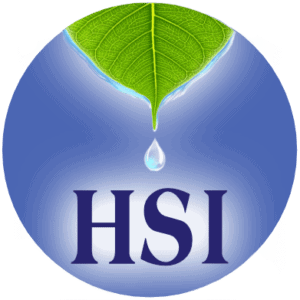Excerpted from the book “Keynotes and Characteristics” by H. C. Allen
- Diseases originating from exposure in damp basements or cellars (Ars., Aran., Tereb.).
- Through the pneumogastric nerve it depresses the respiration and circulation, thus producing the keynote of the remedy, viz., when the patient coughs there appears to be a large collection of mucus in the bronchi; it seems as if much would be expectorated, but nothing comes up.
- Child clings to those around; wants to be carried; cries and whines if any one touches it; will not let you feel the pulse (Ant. c., Sanic.).
- Face cold, blue, pale, covered with cold sweat (Tab.).
- Tongue coated pasty, thick, white, with reddened papillae and red edges; red in streaks; very red, dry in the middle; extraordinary craving for apples (Aloe- for acids, pickles, Ant. c.).
- Vomiting: in any position except lying on right side; until he faints; followed by drowsiness and prostration; of cholera morbus with diarrhoea and cold sweat, a dose after each attack (Ver.).
- Asphyxia: mechanical, as apparent death from drowning; from mucus in bronchi; from impeding paralysis of lungs; from foreign bodies in larynx or trachea; with drowsiness and coma.
- Great sleepiness or irresistible inclination to sleep, with nearly all complaints (Nux m., Op.).
- Child at birth pale, breathless, gasping; asphyxia neonatorum. Relieves the “death rattle” (Taran.). * Icterus with pneumonia, especially of right lung.

